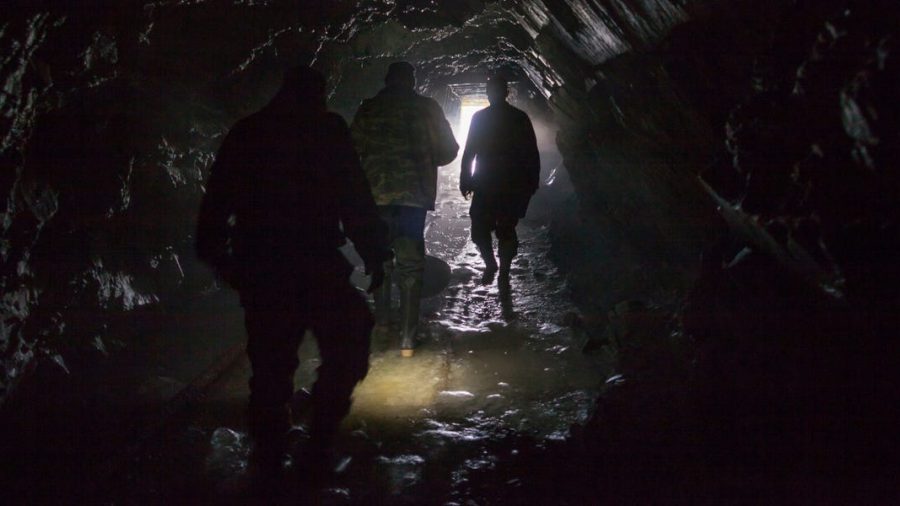In the northern Norwegian archipelago of Svalbard, a view of the Nordenskiold Glacier melting and dissolving into the water in September 2021. Getty Images/Olivier Morin remove caption
switch to caption Getty Images/Olivier Morin In the northern Norwegian archipelago of Svalbard, a view of the Nordenskiold Glacier melting and dissolving into the water in September 2021.
Getty Images/Olivier Morin The glaciers on our globe are melting as a result of rising temperatures, but how quickly?
In the past, scientists have used photography or satellite data to estimate the rate of glaciers are vanishing , but those techniques don’t reveal what’s happening below the surface. Scientists have started listening to glaciers using hydrophones, which are underwater microphones.
So what noise do melting glaciers make?
“You hear something that sounds a lot like bacon being cooked or firecrackers going off.” Each of those bursts is caused by a bubble breaking out into the water, according to Grant Deane, a research oceanographer at the Scripps Institution of Oceanography, who spoke with Morning Edition about the noise.
Deane claims that he was motivated by an 2008 paper co-authored by renowned oceanographer Wolfgang Berger and that he and his colleagues will be better able to predict sea level rise by listening to and comprehending these glacier noises.
We can determine how quickly the ice is melting if we can count the bubbles being released into the water as a result of the noises they produce and if we know how many bubbles are present in the ice. Knowing how quickly the ice is melting can help us predict how quickly the glaciers will retreat. If we want to effectively estimate the rise in sea level, Deane adds, we need to comprehend these factors.
Predicting sea level rise is also important since hundreds of millions of people are at risk around the world — including the 87 million Americans who live near the coastline — depend on it. According to Deane, even a slight increase in sea levels might have a terrible effect on those towns.














